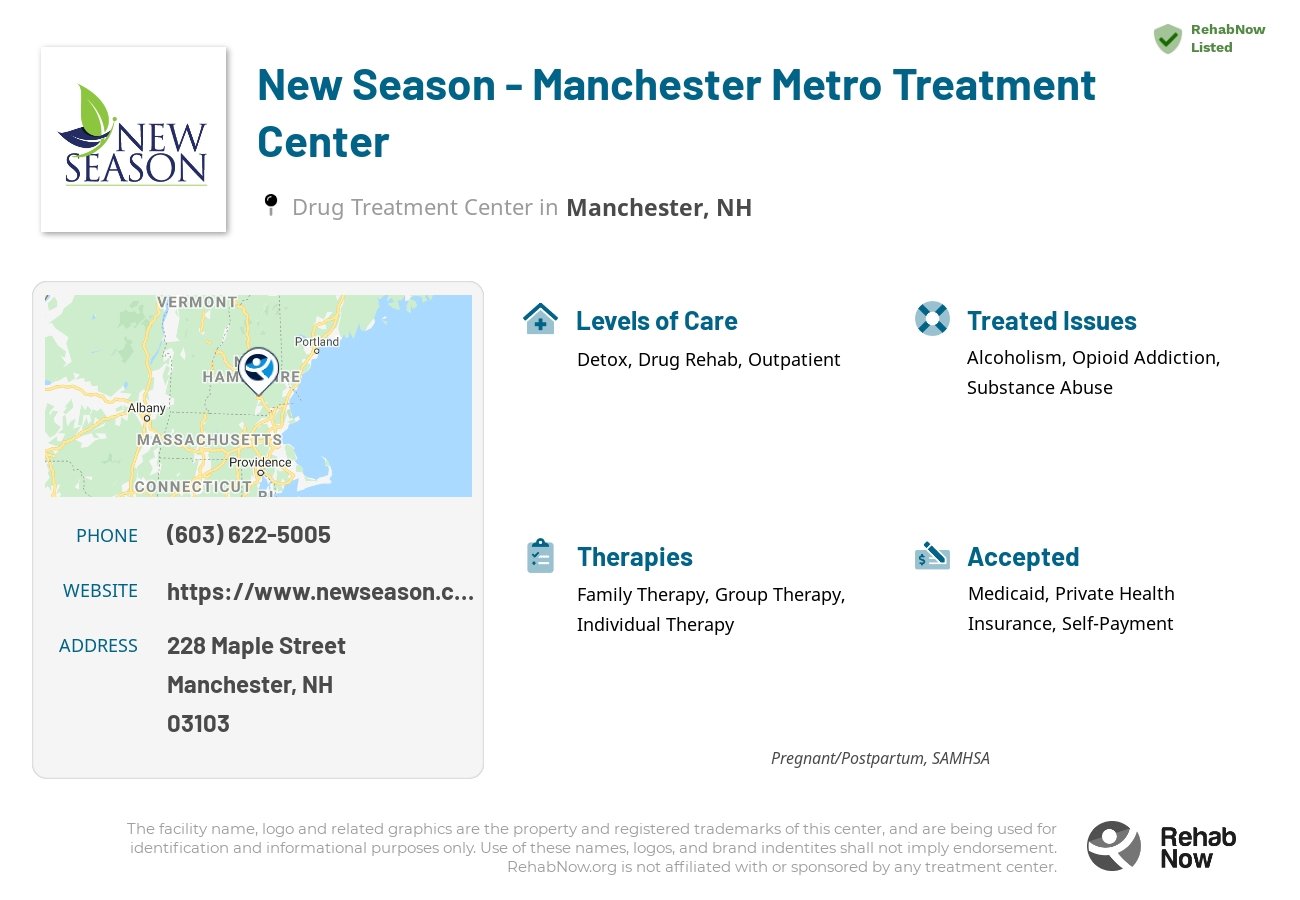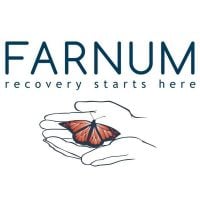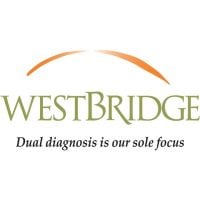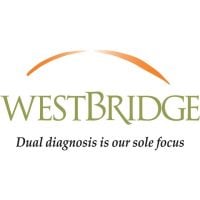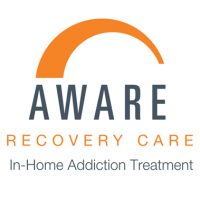
New Season - Manchester Metro Treatment Center
Drug Rehab Center in Manchester, New Hampshire
- Substance Abuse
- Opioid Addiction
- Dual Diagnosis
- Drug Addiction
- Alcoholism
The Manchester Metro Treatment Center is an accredited rehabilitation center that provides comprehensive, personalized treatment plans for individuals suffering from alcohol and opioid addictions, as well as other substance abuse problems, using detoxification services and various levels of outpatient care - all covered by most private health insurance plans.
About New Season - Manchester Metro Treatment Center in New Hampshire
New Season - Manchester Metro Treatment Center is an outpatient addiction treatment facility located in Manchester, New Hampshire, specializing in opioid addiction recovery. They provide comprehensive services tailored to each individual's needs, combining medication-assisted treatment with counseling and therapy.
- Affordable outpatient services with a team of opioid addiction specialists
- Customized treatment plans based on the latest research
- Medication-assisted treatment combined with counseling for long-term recovery
This SAMHSA-accredited center offers medication-assisted treatment, providing FDA-approved medications to support withdrawal and maintain abstinence from opioids. Their approach integrates comprehensive medical, psychiatric, and behavioral counseling for a holistic recovery experience.
Individual therapy is a crucial component, allowing individuals to explore the psychological challenges associated with addiction, such as trauma, anger, depression, anxiety, and the need for control. The center treats various addictions, including opioid disorders, alcoholism, substance abuse, dual diagnosis, and drug addiction.
Genders
Ages
Modality
Additional
Accreditations
SAMHSA
Conditions and Issues Treated
A combination of treatments is often needed to treat drug abuse. Some addictions can be treated with counseling and support groups. In other cases, drug abuse can lead to a medical problem and require medical treatment. Treatment for drug addiction typically combines counseling and psychotherapy with medication and behavioral therapies.
A combination of treatments is often needed to treat drug abuse issues effectively. In the case of drug abuse, there is no easy answer or one-size-fits-all cure.
Opioid addiction has become a significant health problem in the United States. In 2015, there were 91 opioid overdose-related deaths per day, with a substantial increase in mortality rate in 2014.
When opioid addiction has reached a point where a person’s life becomes unmanageable, treatment options are available to help them get sober. Treatment that includes medical care with medications and counseling can help a user transition into sobriety.
Levels of Care Offered
This center offers a variety of custom treatment tailored to individual recovery. Currently available are Detox, Drug Rehab, Outpatient, with additional therapies available as listed below.
One of the first things an addict should do when entering treatment is to abstain from using illicit drugs completely. Depending on the length of time that the person has been using, the addict may have to go through alcohol or drug withdrawal. Fortunately, detox doesn’t have to be done alone, and withdrawal symptoms can be managed medically in an inpatient or outpatient setting. While detox may be uncomfortable, it is not life-threatening. Detoxification allows the addict to rid the body of all traces of drugs or alcohol and gives the addict a clean slate for their recovery.
Outpatient treatment is often used for drug addicts in drug rehab. Outpatient treatment consists of counseling and therapy sessions. This form of treatment is also called ‘day-treatment’. The outpatient treatment process begins with the addict’s initial detox period, lasting about ten days.
Outpatient treatment is used for those who are at moderate risk for ‘slipping back’ into the addiction, for those who:
- Are not currently experiencing any side effects from withdrawal and can handle social pressure
- Can handle stressors that might trigger relapse
- Have a stable living environment or have moved out of their previous environment, which was not conducive to being sober
- Have a support system that allows them to go to a facility a few times a week while still keeping their current responsibilities
- Have no legal obligations, being either on parole or probation, that require them to seek treatment at a mandatory facility
- Are not currently experiencing any side effects from withdrawal and can handle social pressure
- Have a stable living environment or have moved out of their previous environment, which was not conducive to being sober
Therapies & Programs
Because no single treatment is effective for all addicts, the goal of treatment and therapy should be to figure out what works best for each individual. Tolerance and withdrawal levels differ from person to person, affecting the treatment intensity required. Addiction treatment should aim to help addicts develop healthy coping mechanisms for dealing with their addiction and its underlying causes.
Family therapy is beneficial for people who are in addiction treatment services because it offers addicts the opportunity to work with their family members to better understand what led them to make choices that contributed to their addiction.
This type of therapy helps family members reach a deeper understanding of how they can best support their loved one during recovery. It also helps the addict better understand their own motivations and triggers that led them to turn to substance abuse.
Family therapy can help addicts in the following ways:
- Assists family members in processing difficult feelings so they don’t blame or resent recovering addicts
- Assists family members in understanding how addiction has impacted the addict and everyone who is involved with them
- Allows the addict to take responsibility for their actions, while encouraging improved communication skills
- Helps family members understand how to best support an individual in recovery so addicts don’t relapse again.
Group therapy can help build a stronger support system and give addicts in Manchester, NH insight into their addiction that they gain through shared conversations. Group therapy occurs in a controlled group environment, exclusive of one on one meetings. This makes it safer for patients to feel comfortable sharing the struggles they’re going through and gaining perspective.
Payment Options Accepted
For specific insurance or payment methods please contact us.
Is your insurance accepted?
Ask an expert, call (888) 674-0062
Additional Details
Specifics, location, and helpful extra information.
Manchester, New Hampshire 3103 Phone Number(603) 622-5005 Meta DetailsUpdated April 15, 2024
Staff Verified
New Season - Manchester Metro Treatment Center Patient Reviews
There are no reviews yet. Be the first one to write one.
Manchester, New Hampshire Addiction Information
Opioids such as fentanyl, heroin, and prescription opioids form the largest drug threat in New Hampshire. More than 80% of all New Hampshire treatment centers admissions were related to one or more of these three drugs. Opioids such as fentanyl, heroin, and prescription opioids form the largest drug threat in New Hampshire. Since 2002, rates of alcohol dependency have also been among the highest in the country. In 2015, almost 15% of the residents were admitted to treatment centers for alcohol abuse.
Manchester, New Hampshire has a moderate level of drug addiction and abuse problems. The most common substance that people are seeking treatment for is alcohol. Over 1,100 admissions to treatment centers for drug and alcohol abuse in Manchester in 2014. There are several addiction treatment centers in and around Manchester that can help individuals and families struggling with drug addiction and abuse.
Treatment in Nearby Cities
- Newport, NH (45.0 mi.)
- Salem, NH (18.5 mi.)
- Plymouth, NH (55.0 mi.)
- Epping, NH (19.8 mi.)
- Colebrook, NH (132.3 mi.)
Centers near New Season - Manchester Metro Treatment Center
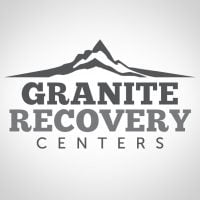
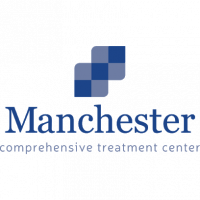
The facility name, logo and brand are the property and registered trademarks of New Season - Manchester Metro Treatment Center, and are being used for identification and informational purposes only. Use of these names, logos and brands shall not imply endorsement. RehabNow.org is not affiliated with or sponsored by New Season - Manchester Metro Treatment Center.


